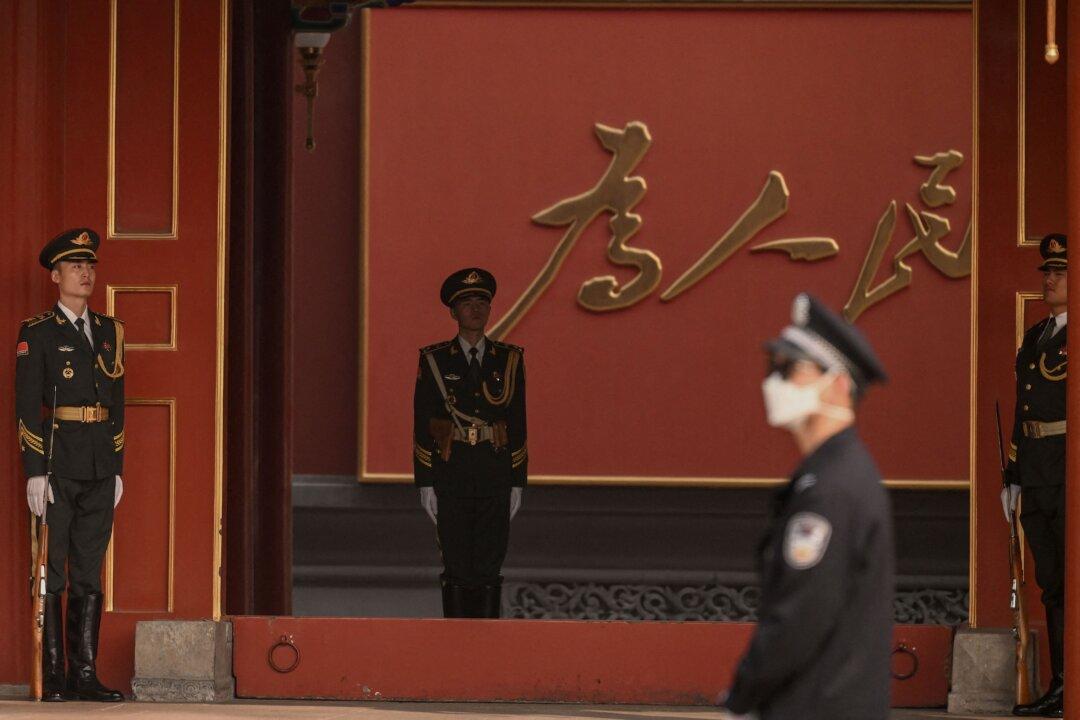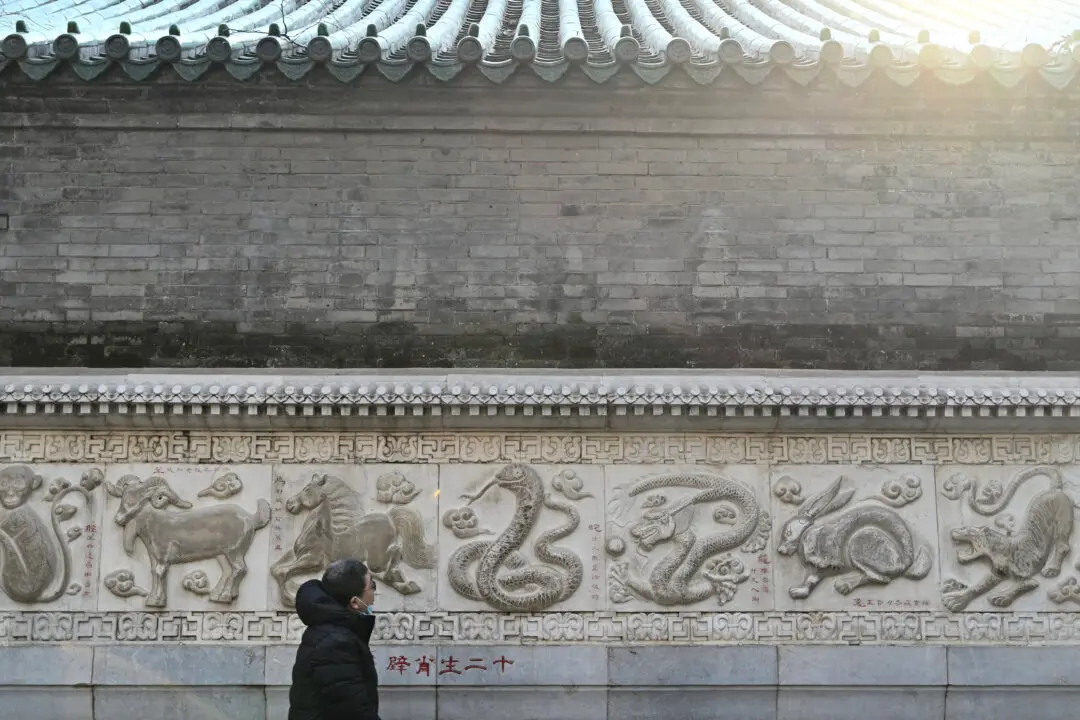Commentary
State-run Chinese media is generally unreadable, but occasionally, an article that is beyond shockingly absurd pops up, leaving the reader with the impression of living in an alternate universe if what is conveyed is true. And so it is with a puff piece from Xinhua on Feb. 1 titled, “Xi Focus-Profile: Xi Jinping, man of culture.”





